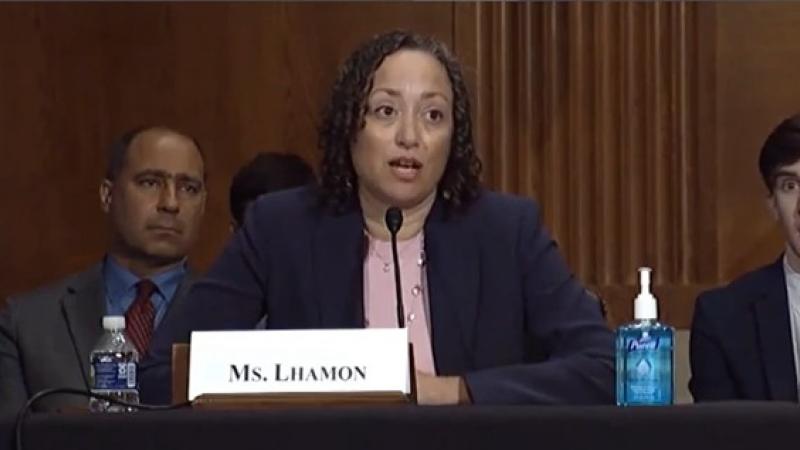New Yorker pleads guilty to threatening to kill congressional staffer and harassing lawmakers
The biggest call, where he threatened to kill a Congressional staffer, took place in October of 2022. Lilly admittedly told the staffer "I will kill you, I am going to run you over, I will kill you with a bomb or grenade."
A 35-year-old New York man pleaded guilty on Thursday to threatening a congressional staffer, and harassing more than 50 members of Congress from February 2022 to November of 2023.
Ade Salim Lilly, who made more than 12,000 harassing calls to 54 members of Congress in less than two years, admitted that he made a real threat against an unnamed staffer on interstate commerce. The calls harassed both parties, and no specific Congress member has been identified, according to NBC News. He is expected to be sentenced on Aug. 28.
The biggest call, where he threatened to kill a Congressional staffer, took place in October of 2022. Lilly admittedly told the staffer "I will kill you, I am going to run you over, I will kill you with a bomb or grenade."
Staffers claimed that he would use vulgar language on the phones, and used *67 when dialing to hide his number so no one would know when he was calling. Court documents also claimed some staffers would stop answering their phones out of fear of Lilly's calls.
"Based upon his harassing communication, Defendant Lilly was repeatedly asked by Congressional staff members to refrain from calling," his statement of offense reads. "In addition, police officers of the United States Capitol Police informed Defendant Lilly on multiple occasions that his phone calls were unwanted, and due to a harassing nature, were prohibited by law."
More than half of the calls were made to offices in Washington D.C., while the rest were made to field offices. At least 500 calls were made to one office over a two-day period.
“Threatening another person’s safety or life is a crime, not protected speech,” Matthew Graves, the U.S. attorney for the District of Columbia told the Washington Times. “This case should send a clear message that while people are secure in their rights to express themselves, they are not allowed to threaten people and those who do will be held accountable.”
















